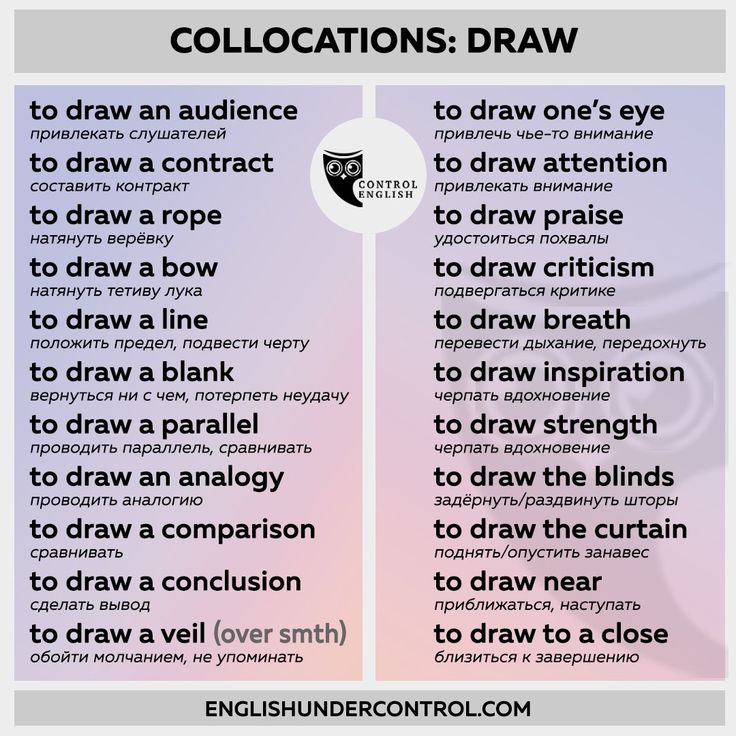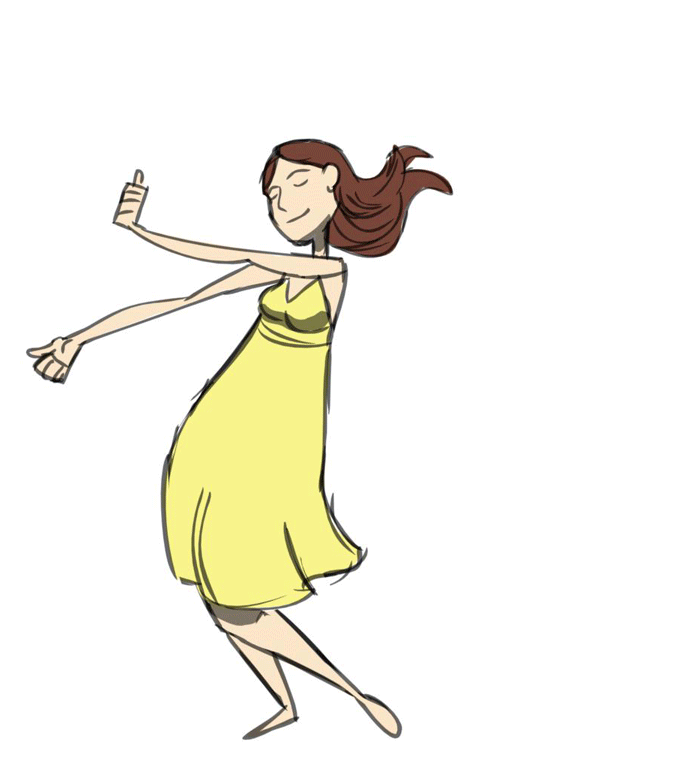How to deal with mean dance teachers
Is Your Teacher A Bully Or Just Strict? 10 Ways to Tell The Difference
A few months ago, your teacher snapped at you for smiling too much. Today, you’re keeping your expression neutral when your teacher abruptly cuts the music and walks over to you, pretending to knock on your forehead. “Hello? Is anyone in there? Your face is always blank.” Your classmates look just as frozen as you feel, their eyes darting back and forth between you and your teacher until the music resumes and class goes on.
Being bullied by a dance teacher can be painful—and confusing. You may have more questions than answers. What’s happening? Am I just too sensitive? Is this really bullying?
Teachers who bully often handwave their behavior as “strict teaching.” However, there is a difference: Strict teachers build students up, while bullying teachers tear students down.
Strict teachers build students up; bullying teachers tear them down. Photo by Natalia Figueredo/Unsplash
“Teaching is about imparting skills, technique and knowledge to students. Some teachers do that with an open and relaxed manner, while others prefer structure and strictness,” says psychologist Dr. Deborah Serani. “Benign strict teaching can be an effective way to instruct. However, when teaching becomes more aggressive, demeaning and hurtful, that is not teaching—it’s bullying.”
Physical abuse is always inappropriate, but bullying doesn’t have to be physical to be damaging. Helena Wulff, a professor and the deputy head of the department of social anthropology at Stockholm University, has witnessed many student-teacher interactions while researching the international culture of dance. She identifies “negative tone and wording, slapping, or picking on one student in particular” as behaviors that cross the line.
Not sure where your teacher’s behavior falls? These signs can help you recognize whether they’ve gone too far.
Red Flag: Your teacher’s behavior benefits them, not you.
Bullies hurt others in order to gain something.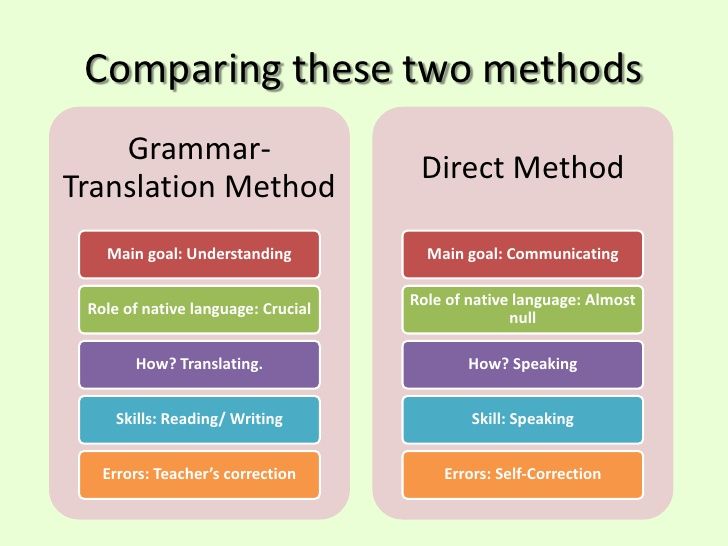 Students afraid their teacher will call them “quitters” are more likely to continue paying for classes. A choreographer who screams at dancers will receive prompt and frightened obedience. A studio director who publicly humiliates students attains a feeling of power over their community.
Students afraid their teacher will call them “quitters” are more likely to continue paying for classes. A choreographer who screams at dancers will receive prompt and frightened obedience. A studio director who publicly humiliates students attains a feeling of power over their community.
Responsible authority figures help students gain skill and discipline; bullying authority figures hurt and manipulate students to benefit themselves.
Strict teachers have high standards, but the behavior is for the benefit of the student. Photo by Vadim Fomenok/Unsplash
Red Flag: Your teacher repeatedly targets specific students.
Teachers are only human, and may occasionally snap at a student or berate the class. Bullying, on the other hand, is an ongoing pattern of behavior that targets a specific student or group of students by manipulating, mocking, excluding, humiliating, controlling, ignoring or lying to them.
Red Flag: Rules and consequences are unofficial or unreasonable.

A healthy studio environment has established rules—and reasonable consequences for breaking them. A bullying teacher may have irrational penalties for poorly-defined transgressions like “disrespect,” or give informal punishments like public humiliation or the silent treatment.
Red Flag: Reprimands are used to attack rather than educate.
“Good teaching is a pattern of ‘caring’ with encouragement and kindness, but allows for a teacher’s specific reactions to the work of students who are repeatedly not doing what they are capable of,” says Myron Howard Nadel, a professor of dance at the University of Texas at El Paso. If a teacher needs to reprimand a student, their words should be “meted out judiciously, not out of anger, but love; certainly not for a teacher’s misplaced self-gratification.”
Red Flag: Your teacher is preventing you from learning.
Some bullying teachers target students by giving them less rehearsal time, fewer corrections or no chance to finish class combinations.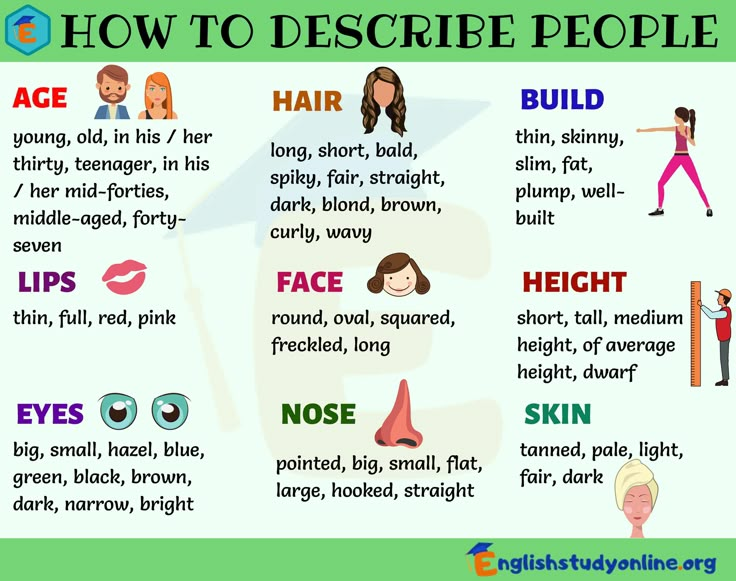 Since dance skill grows primarily through practice, consistently preventing students from practicing is a powerful way of harming their dance training.
Since dance skill grows primarily through practice, consistently preventing students from practicing is a powerful way of harming their dance training.
If punishments hurt your ability to learn, a teacher’s behavior has crossed the line into bullying. Photo by Ahmed Odeh/Unsplash
Red Flag: When other adults are in the room, your teacher behaves differently.
Strict teachers have nothing to hide: There’s no reason they can’t assign students sit-ups or remind them to point their feet in front of other adults. Bullies tend to conceal the extent of their bullying by using their most abusive behaviors when no other adults are present.
Red Flag: There’s pressure to remain at the studio.
The most effective way to protect yourself from a bullying situation is to leave it. Implying that students who leave the studio are “quitters” or “traitors” discourages targeted students from walking away, and helps teachers maintain enrollment through fear rather than solid teaching.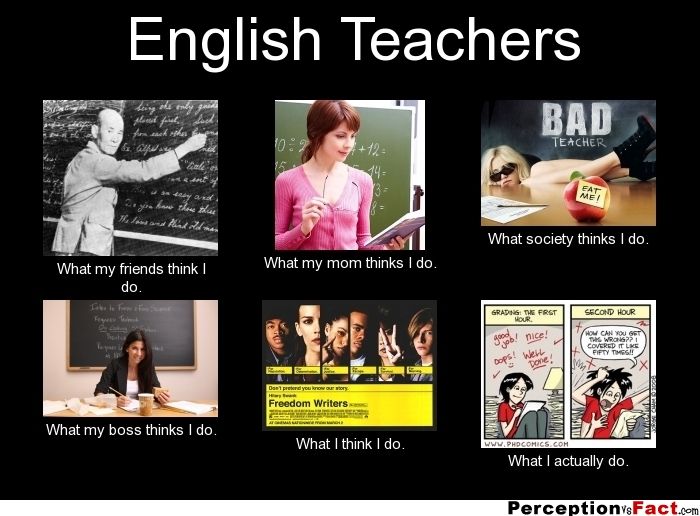
Red Flag: You’re struggling with body image issues or disordered eating.
In dance, bullying is often combined with body type judgement. While dancers and teachers may need to talk about structural characteristics like musculature or range of extension, pressuring students about weight or eating is never appropriate. “As an arts administrator in a college, I’ve had to scold a ballet teacher more than once for forcing female students to lose weight,” says Nadel. “Several of those students had been in counseling for anorexia.”
Red Flag: Confronting your teacher makes the problem worse.
A bully who feels they are being “questioned”—no matter how respectful your approach—is likely to retaliate. This doesn’t mean no one should address their behavior, but it’s safer to tell another teacher or studio administrator rather than confront the teacher yourself.
“Know that if you’re being bullied, it’s likely other students receive this kind of abusive behavior, too,” says Serani. “Seek them out and share your experiences. Talking about your victimization can help you feel less alone about the abuse. It’s important to report any bullying to others, be it a friend or a loved one—and to administration.”
“Seek them out and share your experiences. Talking about your victimization can help you feel less alone about the abuse. It’s important to report any bullying to others, be it a friend or a loved one—and to administration.”
Red Flag: You feel anxious, ashamed, or constantly “on guard” outside of class.
Bullying authority figures may dismiss their behavior as “how the real world works,” but they’re actually undermining students’ professionalism. An abusive studio environment trains students to use submissive body language, feel ashamed of their appearance and abilities, and remain on guard against the constant threat of mistreatment—all behaviors that make it harder to navigate school, relationships and the professional world.
How To Handle A Difficult Teacher — Veyette Virtual Ballet School
How do I deal with a difficult or mean teacher? This is a question we hear regularly and we believe this is a very important question for us to answer.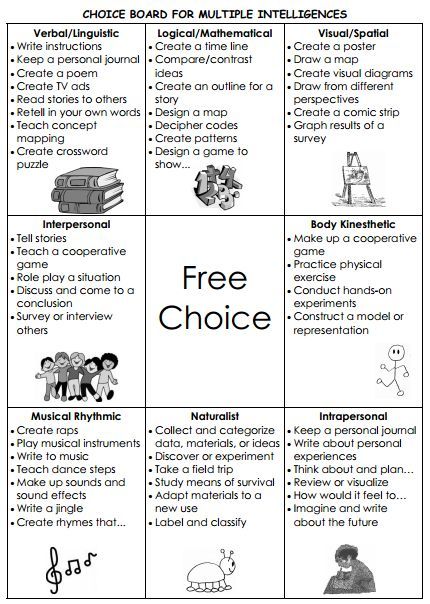 Here are two things you should consider in your dealings with a “mean teacher.”
Here are two things you should consider in your dealings with a “mean teacher.”
1. Don’t confuse a demanding teacher with an abusive one!
One way to determine if your teacher is demanding or abusive is to listen to their criticisms and determine if they were designed to hurt your feelings or teach you something. This can be difficult for some students to discover, especially younger students. If you are a young ballet dancer, the first thing we advise you to do is to include your parents in this decision. Sometimes your teacher will tell you something that is hard to hear or accept. However, if you can determine that what they are saying was meant to encourage you towards success, then they are most likely telling you something you need to hear.
Let’s use an example to show the difference between a nurturing/demanding teacher and a mean teacher.
Nurturing Teacher: “You didn’t turn out on the Pas de Chat. Try it again.
This time using your muscles. I know you can do better.”
Mean Teacher: “That was terrible! You are completely turned in. Look at Susie, she turned out! She’s younger than you and she can do the step! You never do it correctly. You’ll never make it if you dance like that!”
It is clear in this example that one teacher is expecting more out of you and the other is just tearing you down. It might be hard to hear that you didn’t turn out, but that doesn’t mean the comment was intended to hurt you. The biggest giveaway is that the mean teacher is making a judgment of the student rather than encouraging the success of the step. Dancers at all levels, actively seek out corrections to make them better. A great teacher can be demanding but will never use words meant to tear down a dancer, especially not in front of other students! It is vital that ballet dancers seek out teachers that are willing to correct them in a way that encourages growth.
2. Recognizing When It’s Time To Switch Teachers
This is a difficult decision and should never be made hastily.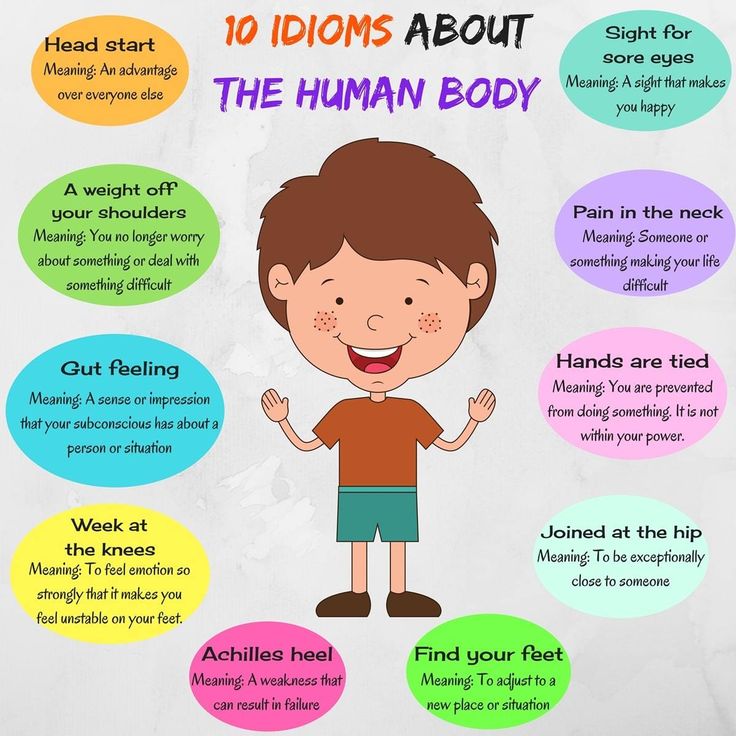 Parents and students should have regular conversations about their teachers and weigh the pros and cons of continuing under their leadership. Here are a few questions parents and dancers can ask themselves during their decision-making process.
Parents and students should have regular conversations about their teachers and weigh the pros and cons of continuing under their leadership. Here are a few questions parents and dancers can ask themselves during their decision-making process.
This last question may be the most important. Trust is difficult to build and easy to lose. Being a teacher is a big responsibility and should be treated as such. It is possible that a parent may just need to address the teacher with their concerns. However, if you feel the teacher isn’t meeting the needs of your dancer or they are continually tearing down your student, maybe it’s time for a change. At Veyette Virtual Ballet School we seek to encourage and nurture our students while demanding their highest potential. If you would like to learn more about how we can help your ballet dancer or just need guidance on selecting a great teacher, please reach out to us by clicking the button below.
Student-teacher conflict. How to behave if the teacher finds fault?| TeenAge.
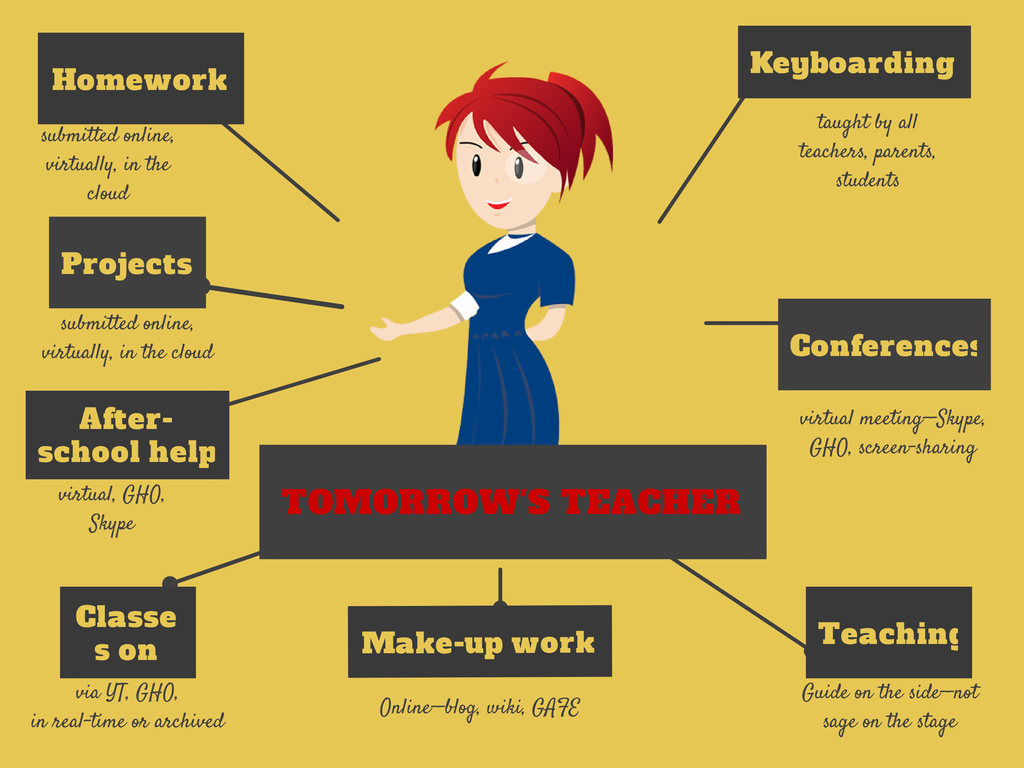 by
by Point 1. The teacher is always right.
Item 2. If the teacher is wrong, see item 1.
Has the lesson turned into hard labor? Are you sitting on pins and needles in fear of being called to the board? Are you afraid to raise your hand again or make a mistake? The teacher pecks with remarks? We need to change something. TeenAge.by figured out what to do if the teacher finds fault.
“Uuu… Biology… Anatomy…”
Our biology teacher was called Zinochka, Zygota behind her back… They didn't like her – that's putting it mildly. She meticulously asked each paragraph, demanded scrupulous completion of the laboratory, and the topics were tedious and monotonous. For some reason, I wanted to write a test on the topic "Plant Reproduction" very well. The whole evening was spent on a stupid verbatim cramming of six sheets of text.
When, a couple of days later, Zinochka brought the results of her written work, I managed to rejoice at my top ten for about thirty seconds. Then a cold, mocking voice said: “Well, have you copied it and now you are sitting satisfied?” From indignation and resentment, tears immediately appeared in my eyes, some kind of incomprehensible lump formed in my throat, because of which it was not even possible to squeeze out anything articulate. “Go to the blackboard to confirm the assessment!” The order was given. I left. But it was no longer possible to answer questions - tears poured out. Under the sympathetic looks of my classmates, I sat down. The assessment was still put in the magazine. Needless to say, the hatred of biology remained until the end of school ...
Then a cold, mocking voice said: “Well, have you copied it and now you are sitting satisfied?” From indignation and resentment, tears immediately appeared in my eyes, some kind of incomprehensible lump formed in my throat, because of which it was not even possible to squeeze out anything articulate. “Go to the blackboard to confirm the assessment!” The order was given. I left. But it was no longer possible to answer questions - tears poured out. Under the sympathetic looks of my classmates, I sat down. The assessment was still put in the magazine. Needless to say, the hatred of biology remained until the end of school ...
Look for the reason
There are teachers who are perfectionists
They want to sow sensible, good, eternal things on the not always fertile soil of student brains. Such teachers adore their subject, they know at which window Natasha Rostova was standing when Andrei Bolkonsky invited her to dance, how many days Diogenes spent in a barrel, what hypostases the god Ra takes.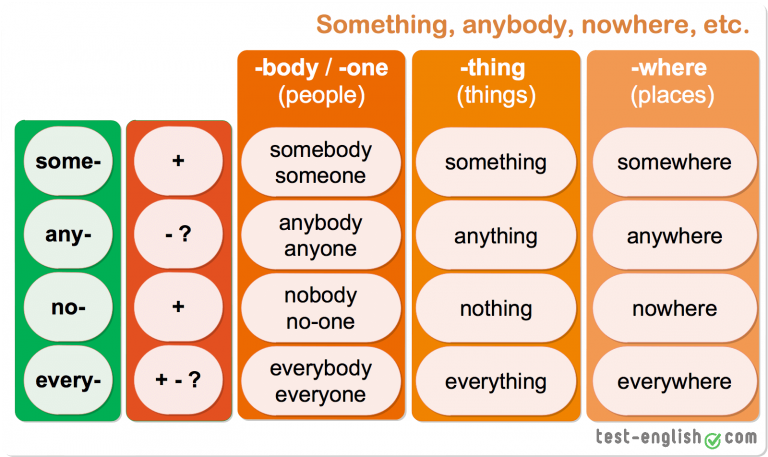 They draw many important facts from memory every second and demand the same from students.
They draw many important facts from memory every second and demand the same from students.
What to do
The principle works with perfectionist teachers: love what he loves. It is difficult to be imbued with all the epochalism and monumentality of "War and Peace" if you have not read it. But it is possible to try to understand the characters and events. The better you know the material, the easier it is. But the main thing is to show interest. You can not remember the details, dates, names. Here it is more important to ask leading questions, such as:
- why did the hero behave in this way?
- and could you say it again in simpler terms? - I want to understand this;
- and what else can be read on the topic?
All this betrays a caring person in you. What can not fail to bribe.
By the way, the well-known writer, the author of "Patrols" Sergey Lukyanenko got a very strict teacher at the university. Which required perfect knowledge of the subject. And student Seryozha, on the day of preparation for the exam, wrote another story for a science fiction magazine. At the exam, a clear ignorance of the discipline surfaced. But the teacher turned out to be a reading person, familiar with the work of his student. And he offered Sergei Lukyanenko a compromise: the future writer swears to not work in his specialty, and the teacher puts a test grade. That's what they decided on.
Which required perfect knowledge of the subject. And student Seryozha, on the day of preparation for the exam, wrote another story for a science fiction magazine. At the exam, a clear ignorance of the discipline surfaced. But the teacher turned out to be a reading person, familiar with the work of his student. And he offered Sergei Lukyanenko a compromise: the future writer swears to not work in his specialty, and the teacher puts a test grade. That's what they decided on.
Compassionate teachers
It looks like they're putting you down with "just one more question" when they really want to help you. After all, in their opinion, you can’t help but know about it. And the information you voiced will allow you to score higher.
What to do? If the type of teacher is defined correctly, it is worth enduring uncomfortable additional questions, if possible, answering them. The more correct answers, the higher the chances of success and a positive assessment.

If your nerves are failing, and every question is perceived as an attempt to "drown", raise the white flag. Say, “I was too nervous. Let's finish. Give me what you want."
Curious teachers
These teachers usually dig deeper to find out how well the student knows the subject, where there may be gaps. And sometimes an excessive flow of questions is provoked by the hope of hearing something funny, unusual or interesting.
What to do
Curiosity of the city takes, as well as courage. With a teacher like that, there are always options. You may not finish learning the subject somewhere, but when answering, it is worth mentioning some interesting fact, perhaps found in additional literature, when reading news, etc. This will show both interest in the subject, the ability to answer outside the box on a hackneyed topic, and distract the teacher from trying to dig deeper.
I still remember teachers of physics from a hereditary dynasty of teachers.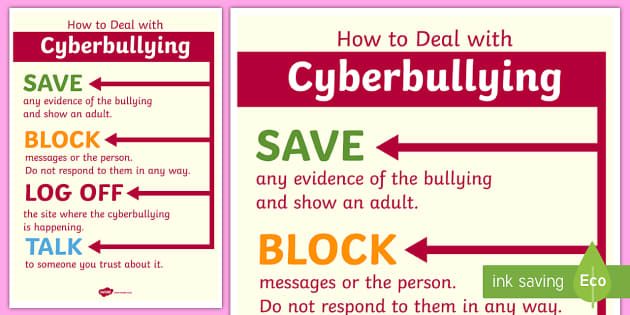 Not only as a professional teacher, but also as a very good person. The lack of inclinations towards the exact sciences was predicted to me by a primary school teacher. As expected, I was not given tasks in physics. From no side. And I wanted an 8-ku in the certificate. With the condition that I would enter the faculty of journalism, I earned high marks with essays about the Universe, space, black holes.
Not only as a professional teacher, but also as a very good person. The lack of inclinations towards the exact sciences was predicted to me by a primary school teacher. As expected, I was not given tasks in physics. From no side. And I wanted an 8-ku in the certificate. With the condition that I would enter the faculty of journalism, I earned high marks with essays about the Universe, space, black holes.
During the test, a physicist periodically came up to me, poring over the problem to no avail, and silently dictated solutions.
Suspicious teachers
Usually they are distrustful of the knowledge of schoolchildren. It is hard with them for those who are not included in the teacher's circle of favorites and do not catch the stars from the sky. And if a good student or a C student was lucky enough to get a grade on the control higher than the teacher expected, this causes a wave of suspicion and a desire to confirm them.
What to do
Suspicious teachers must be convinced of their knowledge.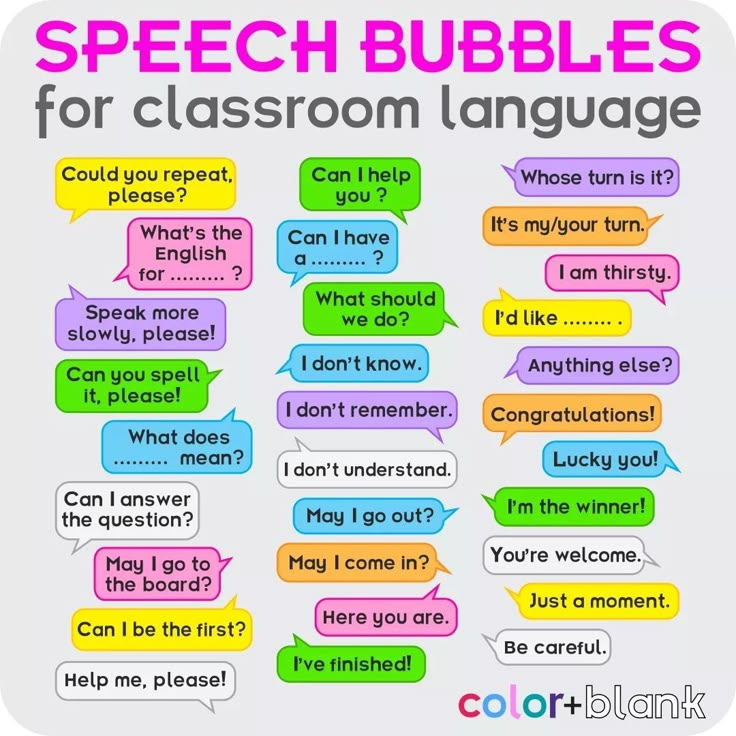 If the test is written well, and this is entirely your merit, be prepared to prove it with a verbal answer. If you managed to write off, you will either have to learn the licked material, or offer to do another task later in order to confirm the assessment.
If the test is written well, and this is entirely your merit, be prepared to prove it with a verbal answer. If you managed to write off, you will either have to learn the licked material, or offer to do another task later in order to confirm the assessment.
The teacher is evil
The teacher is not always so for the whole class. Maybe he turned to the dark side only in relation to you. Well, you can and should fight Darth Vader.
What to do
An evil teacher is not an easy option. Here, a prejudiced attitude and some cockroaches unknown to you are clearly mixed in. Go into open confrontation - declare war. It's best to come back after class and openly ask what you can do to improve your grade, handle the material better, or correct mistakes.
If misunderstanding with this teacher is not only your problem, you should solve it together with your classmates. In order not to aggravate the situation, the conversation with the teacher should be calm and non-judgmental.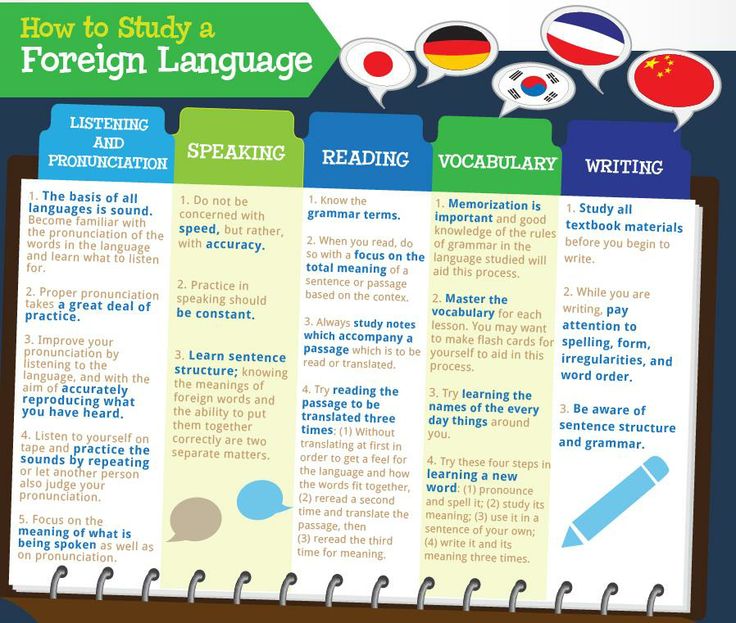 Compromise is needed for both him and you.
Compromise is needed for both him and you.
Always remember: a teacher is an ordinary person with his own emotions and reactions, which means that finding an approach to him is a very real task. In most cases, a normal face-to-face conversation helps.
Join us on Facebook, VK, Telegram and stay up to date with the latest news!
How to deal with "angry" children? — 41 answers
Surely each of us met either in his childhood or now in his adult life with "evil" children...
"Evil", in my understanding, those who hit on purpose, say hurtful words....
I write in quotation marks, because oh how I don't want to fully state that there are such people.... and there is hope that in their hearts, after all, they are kind ...
The question is how to behave with such children, how to explain to the child that something they say is not entirely true (and sometimes not at all true) and it’s not worth listening to what to answer such a child .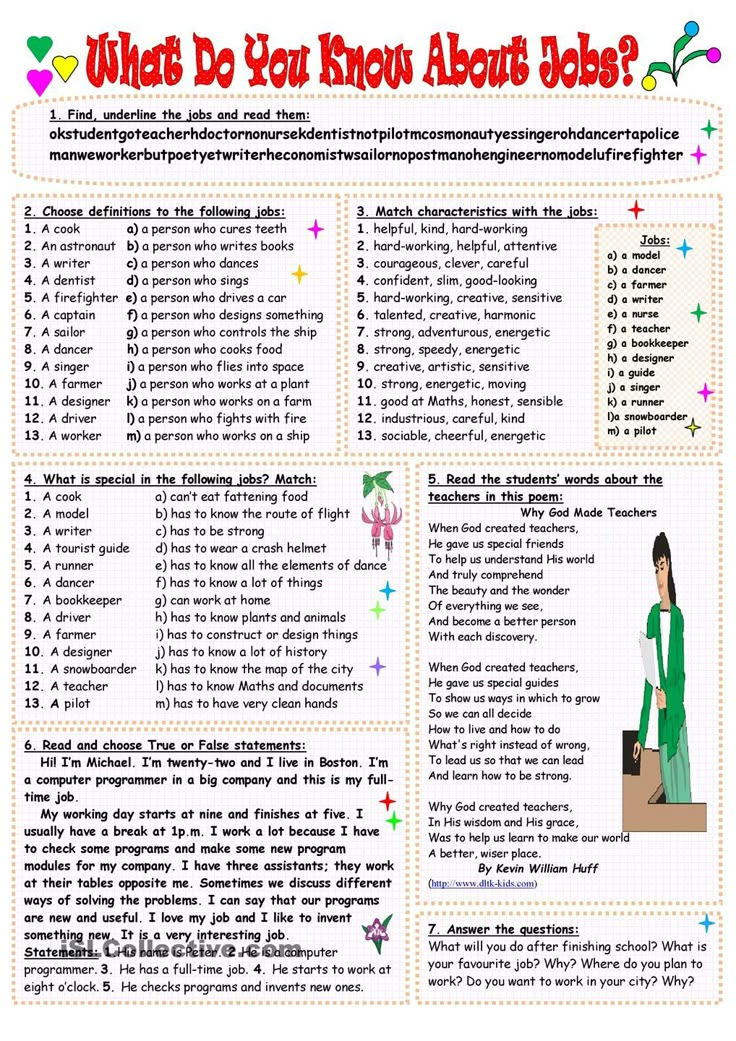 ... today I was directly confused: 1. from surprise, 2. from the detachment of the parent / grandmother with whom the girl came, 3. from the reaction of your child, 4. the behavior of the teacher ....
... today I was directly confused: 1. from surprise, 2. from the detachment of the parent / grandmother with whom the girl came, 3. from the reaction of your child, 4. the behavior of the teacher ....
Today there was a case: I was taking my daughter to dances, class 4, the group has been going for a long time, she is new, the youngest, of course, not very obedient, but in principle she tries to repeat. sometimes he is lazy ...
that is, by and large, he does not quite do everything together: where he lags behind, where he is ahead, where he doesn’t do it at all or lies on the floor .... (I see it myself, in the foyer the video shows the lesson online).
And today, once again, Maryana did something wrong, taught her "So Maryana, it's bad, let's repeat it, don't be lazy", well, more than once she repeated the word "bad" in front of everyone, so to speak ... In the case of older children, it's probably nothing to worry about, but there are little repetitions...
And then, some time later, after another movement, one girl turns around and with such anger at me: "You're doing bad, she's doing bad.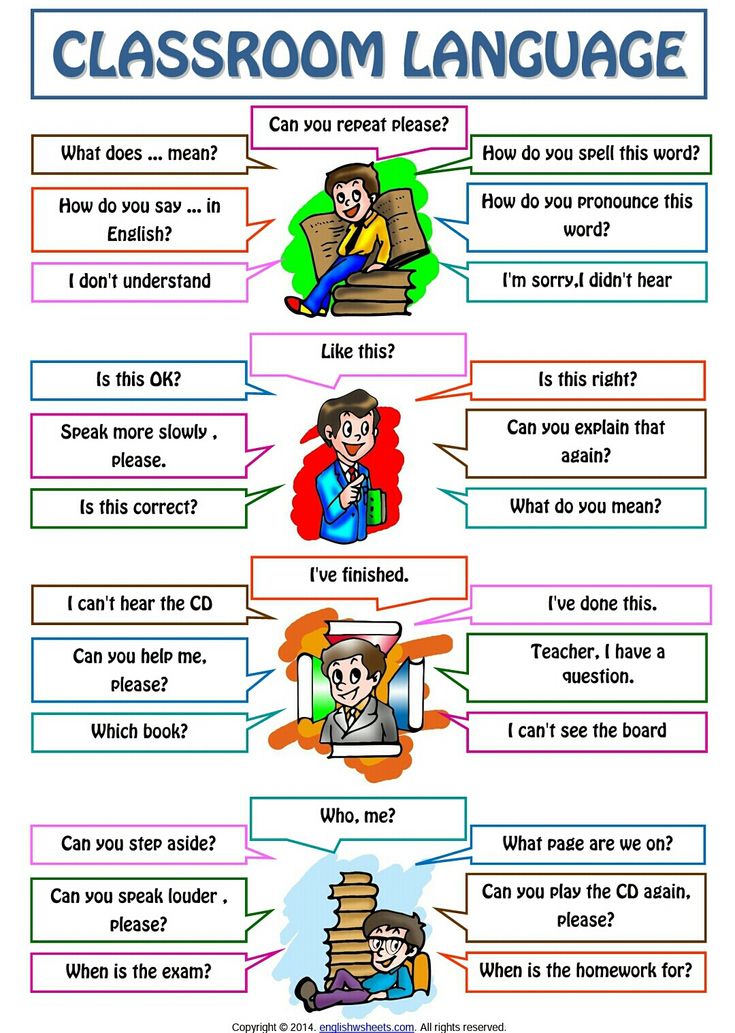 ..", and off we go, the rest began to repeat. My nose hung, but she is quick-witted - this is a huge plus, she stood up and danced "to battle" again ... and she’s already telling me: “your Maryana is doing badly ...” and I’m not exaggerating at all, it’s just such an evil look ... I’m saying, I’m even at a loss what to say, and here her grandmother is sitting next to her and is absolutely neutral ... for them such manifestations of the child's anger are apparently normal ...
..", and off we go, the rest began to repeat. My nose hung, but she is quick-witted - this is a huge plus, she stood up and danced "to battle" again ... and she’s already telling me: “your Maryana is doing badly ...” and I’m not exaggerating at all, it’s just such an evil look ... I’m saying, I’m even at a loss what to say, and here her grandmother is sitting next to her and is absolutely neutral ... for them such manifestations of the child's anger are apparently normal ...
we drove well, then...
as it turned out, this girl and another one live in our house, and somehow we all rowed out into the street together and go in the direction of the house, and we should have calmed down, so she again: " and Maryana doesn’t listen to her mother, she ran away, even her mother won’t catch up with her, Maryana didn’t dance well, right?” .... well, and the second, of course, dada in response ... mine didn’t hear them anymore, I heard them ...
I was only offended by the fact that my daughter somehow reacted to the first outburst, she was upset . .. but moved away ...
.. but moved away ...
The fact that there is no reaction from the adult girls: in principle, this is their concern, but I would most likely, if my child did this, say, for example, "Maryana did not dance badly, but in a different way, that she was the youngest and there is nothing at all, but you, on the contrary, do the right thing and she will look at you and repeat, and at the teacher ... "something like this ...
suppose, yes for sure, this will happen more than once in life How can I teach her to react? I don’t pay attention to talking - I can’t - from my childhood I remember such a phrase from my mother for me meant only that she did not understand that some moment was important for me, and she said so neutrally ...
and the second point, how to react myself, because my "non-reaction" actually makes me write this post...
at home, I already told my daughter that listen only to the teacher, if she speaks badly, then carefully watch how she does and repeat, if you don't remember, ask to repeat again.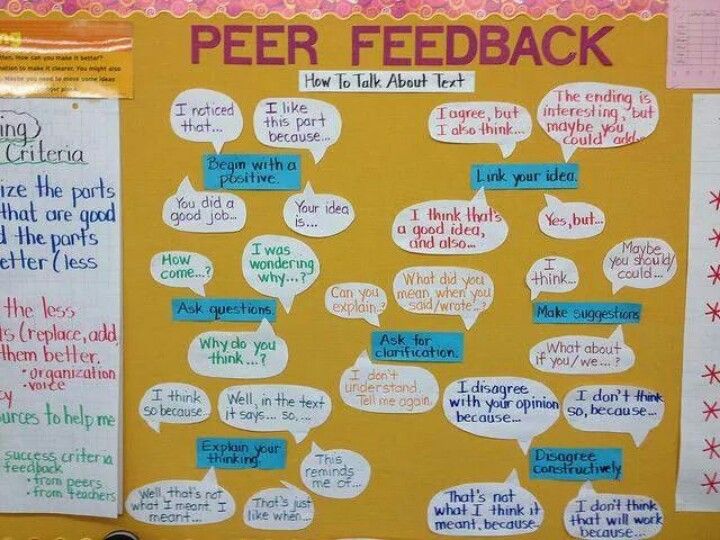

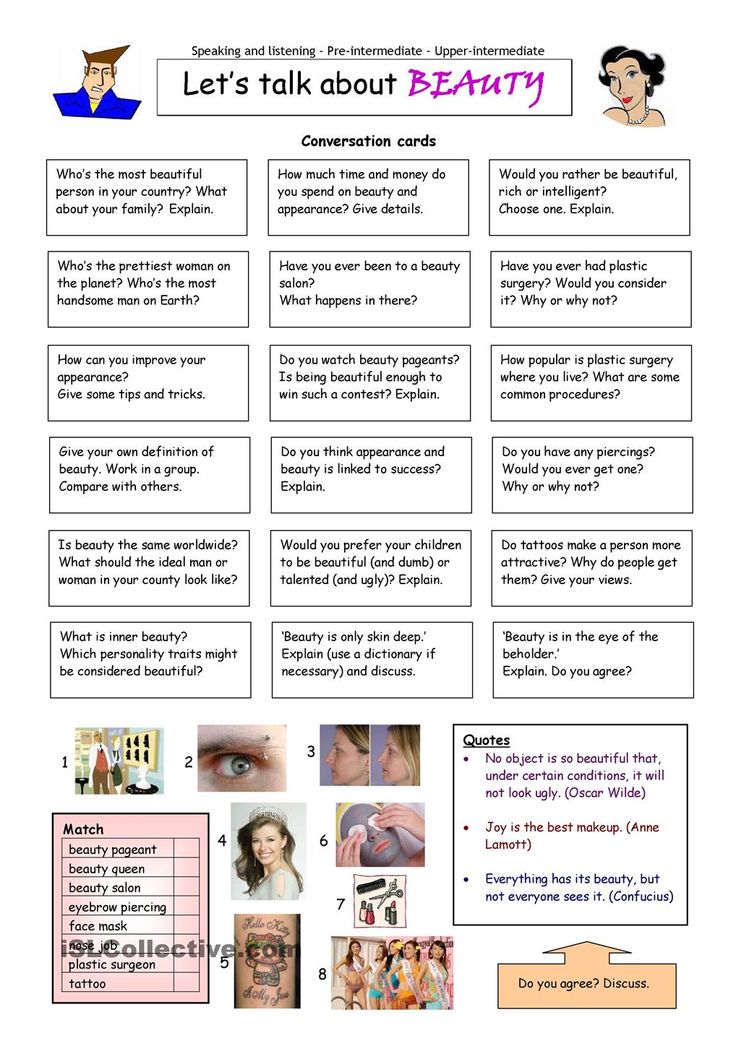
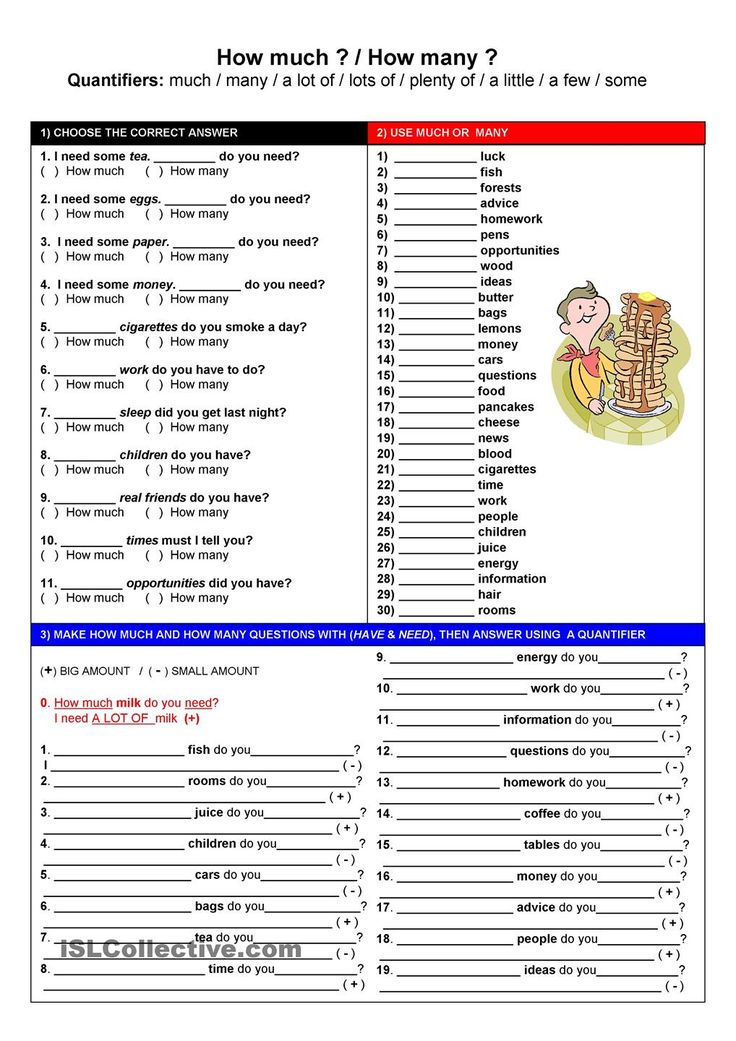

-Step-16.jpg/aid1640374-v4-728px-Shuffle-(Dance-Move)-Step-16.jpg)




